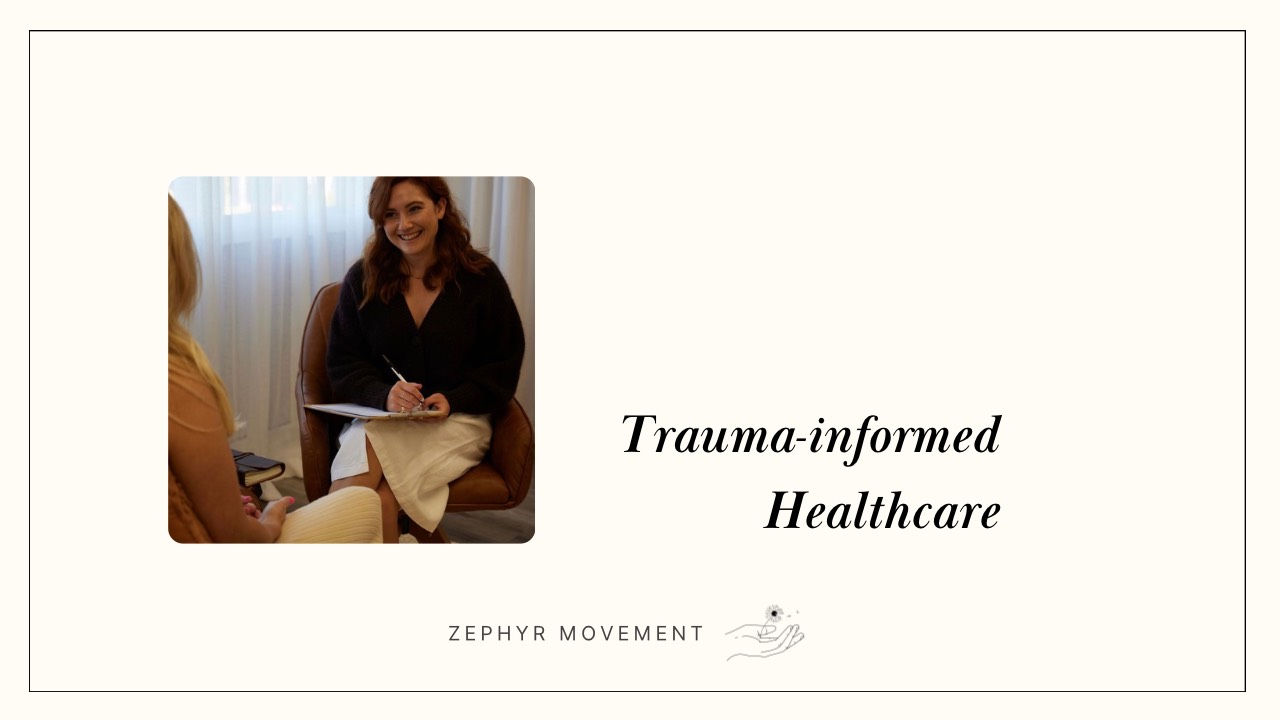Trauma Sensitive Healthcare: 3 Considerations
Jan 09, 2025
Trauma-informed means a lot of different things to a lot of different people. It is incredibly complex and nuanced (PTSD vs cPTSD etc). Discussions must include power dynamics and cultural context to ensure deep understanding and meaningful application to practice. We understand the world through our unique lenses and so learning from each other is imperative in this.
Here are three simple observations from my physiotherapist/psychotherapist/human filter:
1. Take care when focusing on internal sensations (such as breathing) as they can be overwhelming for some people’s nervous systems. Could a starting point be a person’s environment and its relationship to their body be easier to play with?
2. Trauma history can mean there is familiarity in discomfort. Could asking people to ‘push through’ discomfort perpetuate a familiar cycle? Instead, could we support building a comfort zone and sense of safety be more effective?
3. A nervous system exposed to trauma needs to learn how safe feels. Subtle things like how you set up a room, how you ask or phrase things, how you use your voice and body language can impact on this feeling etc
If you're interested, we are hosting a trauma sensitive healthcare event Feb 22nd 2025 (Early bird pricing on training until Jan 31st). Learn more and secure your place here.
Excited to work alongside you in 2025.
Did this resonate?
We’d love to hear your thoughts.
We mindfully share emails with you and protect your details.




